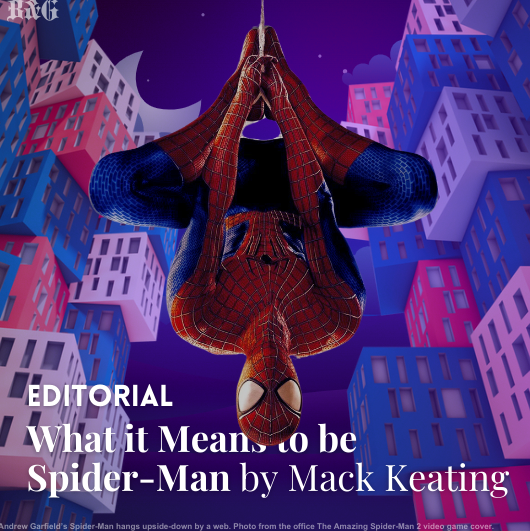By JAMES MAZARAKIS
While some elections are so free that they get out of hand, others allow systems that are so constrained that they may seem pointless. Since the fall of Soviet Russia at the end of the 20th century, Russia joined the Democratic world, establishing a constitution and government system that mimic those of the free world. Whether or not it is as effective as the United State’s, however, is up for debate. After all, major protests and disorder arises constantly from the government’s sketchier policies, including the homophobic legislation that has caused countless LGBT protest across the world’s largest country.
CNN describes “allegations of vote rigging and ballot stuffing” in the parliamentary elections of 2012, which led to current Russian president Vladimir Putin’s victory. Putin served as president for two terms between 1999 and 2008, but unlike in U.S. law, Russian presidents can serve as president for as many terms as they can, so long as they temporarily sit out for one term. So, albeit a few wild-card presidents that interrupt the stream, one president can be president for life, building up whatever legislation they please. More, the “term” was strategically extended to six years in 2008, increasing the reign of future leaders.
Having been proposed to the seat by his predecessor, Dmitry Medvedev, and with his newly-extended seat, Putin already had high hopes from the start. “The point of elections is that the outcome should be uncertain,” says Tonino Picula, a coordinator from the Organization for Security and Co-operation in Europe, “this was not the case in Russia. There was no real competition and abuse of government resources ensured that the ultimate winner of the election was never in doubt.”
Up to one-third of the election polls could have been corrupted during the course of the election. In other words, it is possible that 33% of the vote could have gone to nearly any other candidate and given him the victory. While it is impossible to be sure whether or not all those votes went to Putin, or any other candidate, it certainly puts a damper on the reliability of Russia’s electorate system.
Russia, which ranks 133 out of 184 in transparency.org’s Corruptions Perceptions Index, did not necessarily host the most ridiculous election in years past. It has, however, set precedent for one of the most ridiculous democratic systems — if you can even call it that.


